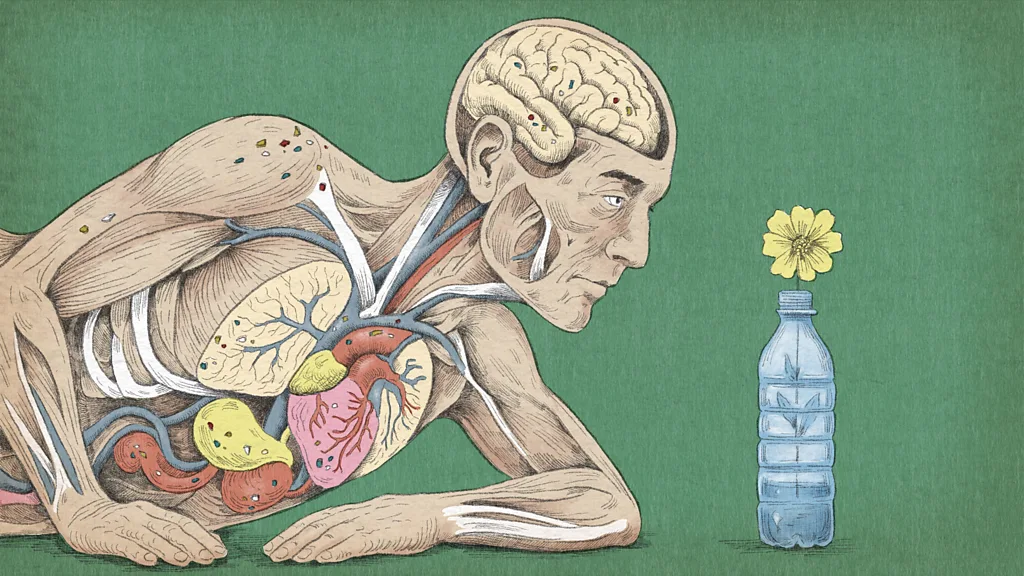Introduction to Railbus
Railbus, a hybrid between a bus and a train, is transforming the transportation landscape. Combining the flexibility of buses with the efficiency of trains, Railbus offers a sustainable solution to urban and rural transit challenges. This innovative mode of transport is not only reshaping commuting but also having a profound economic impact.

Cost Efficiency
Railbus systems are cost-effective. They require less infrastructure investment compared to traditional rail networks. With lower construction and maintenance costs, cities can allocate funds to other critical areas. Railbuses also consume less fuel and produce fewer emissions, reducing operational expenses and contributing to environmental sustainability.
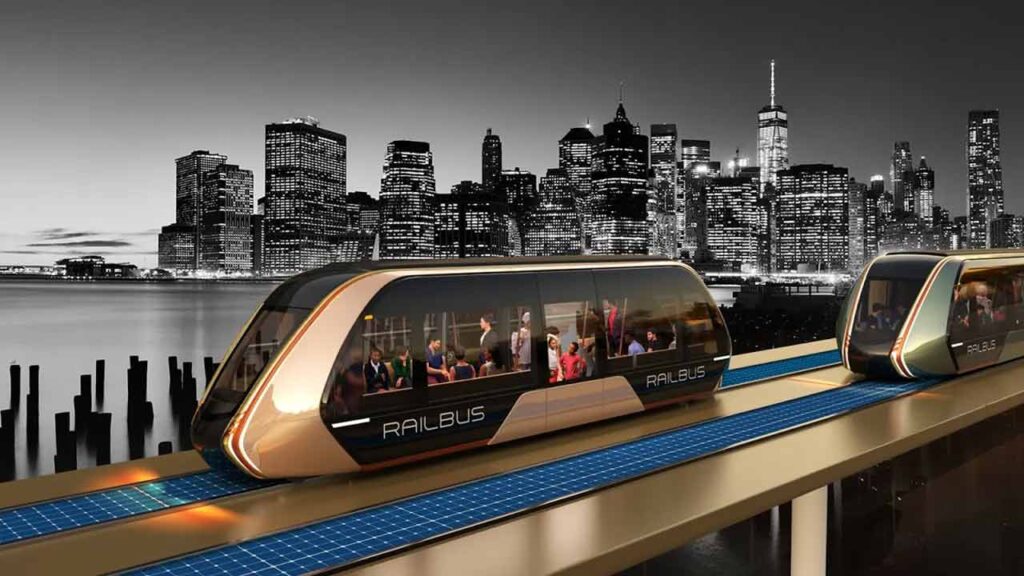
Job Creation
The development and operation of Railbus networks generate employment. From construction workers to engineers and maintenance staff, a wide range of job opportunities emerge. Local economies benefit as new jobs stimulate economic activity, boosting income levels and reducing unemployment rates.
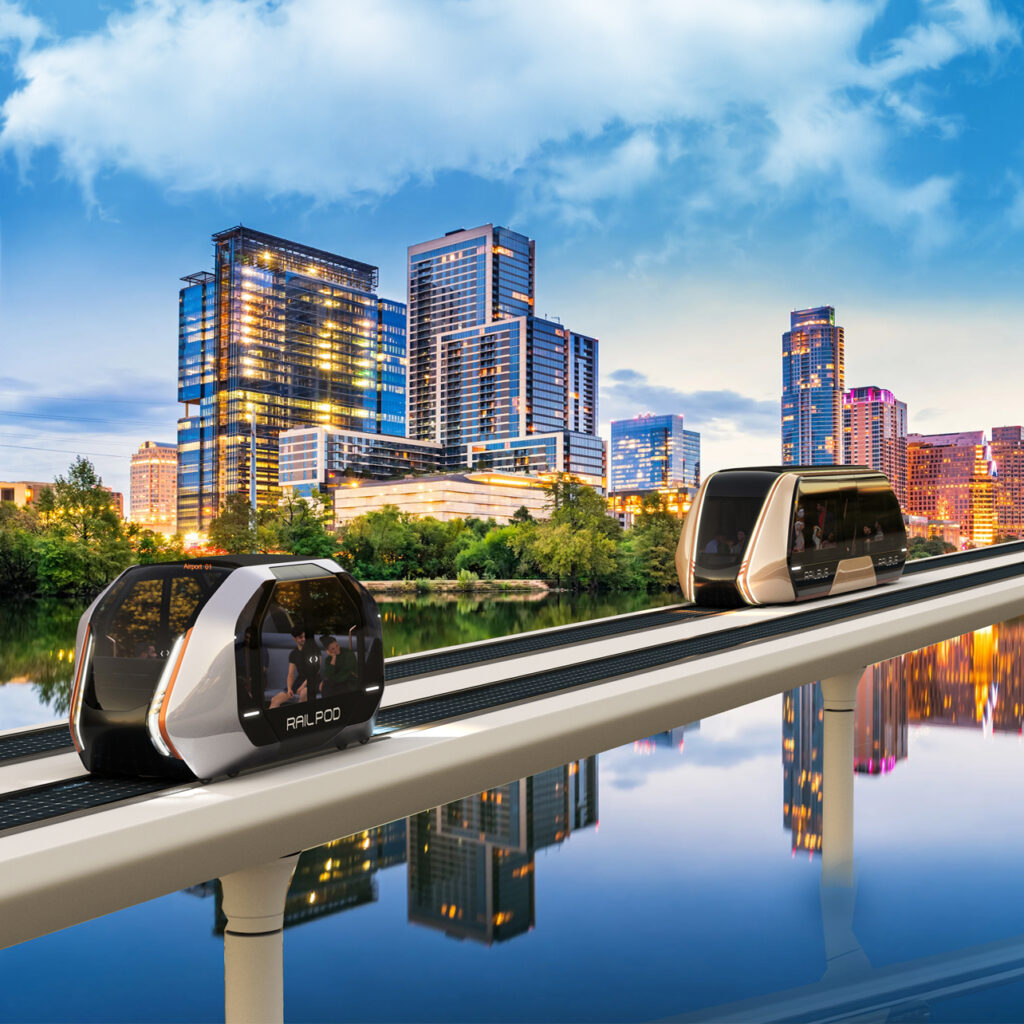
Urban Development
Railbus networks encourage urban development. Improved transportation links attract businesses and investors. Commercial hubs and residential areas grow around Railbus stations, enhancing property values and promoting real estate development. Cities become more accessible, encouraging tourism and increasing local business revenues.
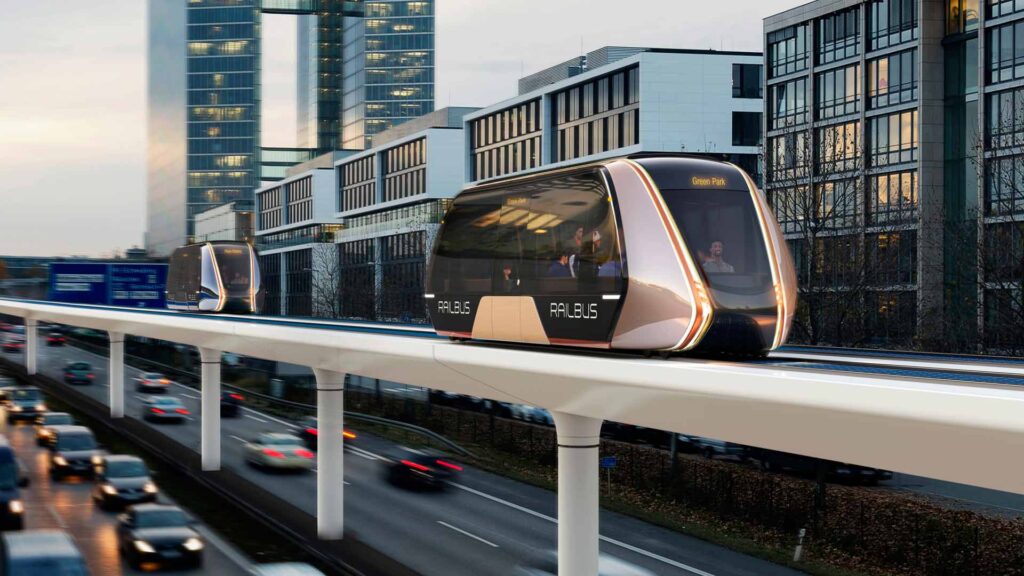
Rural Connectivity
Railbus systems significantly impact rural areas. Many remote regions, previously underserved by public transport, gain reliable and efficient access to urban centers. This connectivity fosters economic integration, allowing rural populations to access broader markets, education, and healthcare services. Enhanced mobility reduces regional disparities and promotes balanced economic growth.
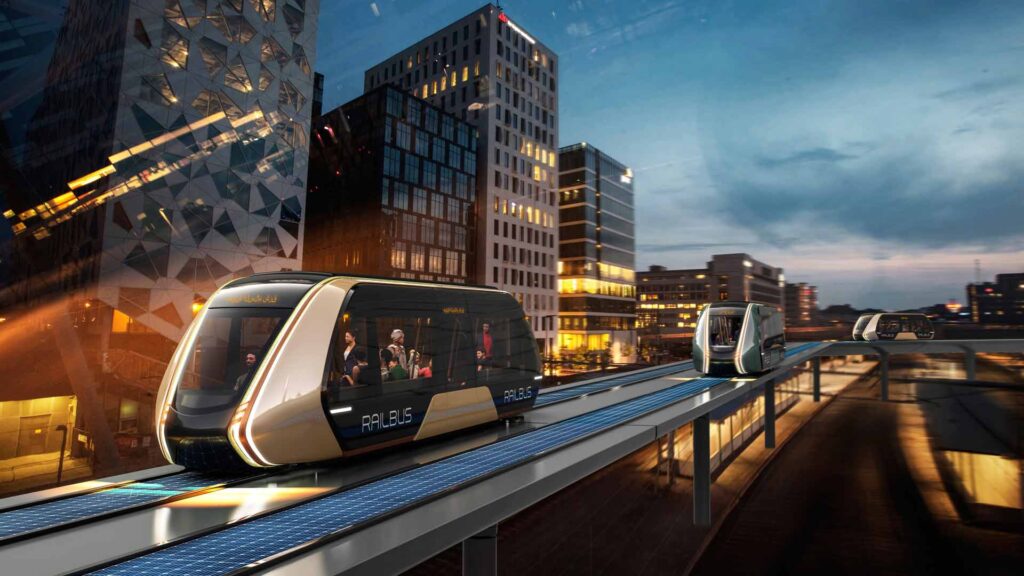
Environmental Benefits
Railbus systems offer substantial environmental benefits. Reduced reliance on individual car usage decreases traffic congestion and lowers carbon emissions. Cleaner air and less noise pollution improve overall quality of life. Sustainable transportation options attract environmentally conscious consumers and businesses, fostering a green economy.
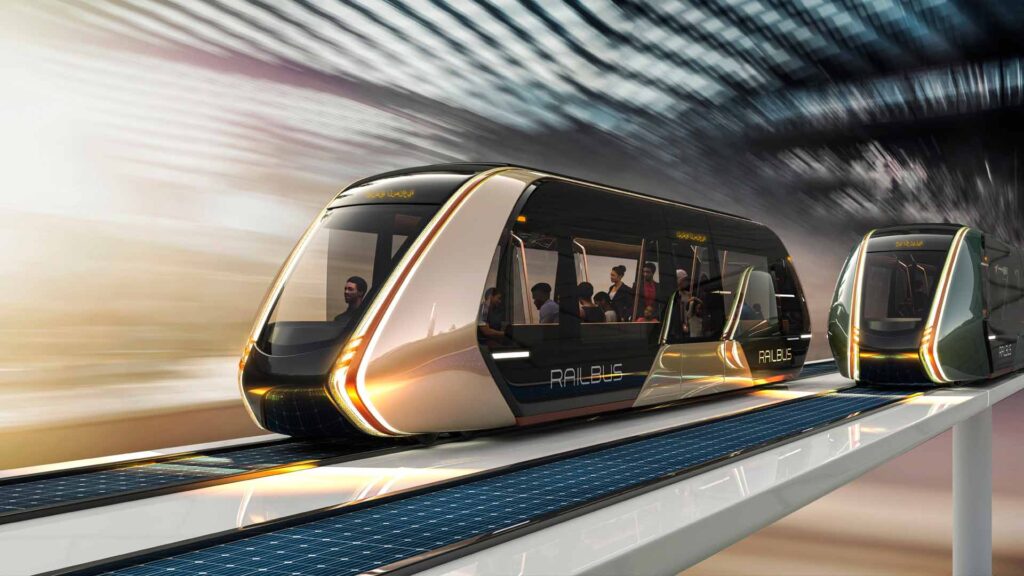
Conclusion
The Railbus is more than just a mode of transportation; it is a catalyst for economic development. By providing cost-efficient, job-creating, and environmentally friendly transit solutions, Railbus systems are paving the way for a more connected and prosperous future. Urban and rural areas alike stand to gain from this innovative approach to public transport, making Railbus a key player in the next wave of economic growth.








